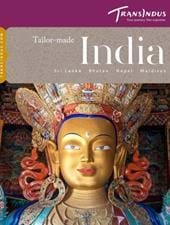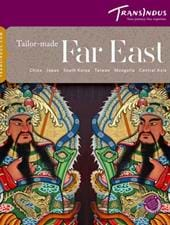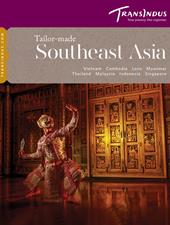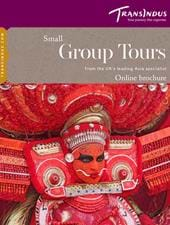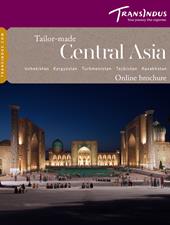Time Zone: UTC +7-9 hours
Flying Time:13 hours
Capital: Jakarta
Currency
Indonesian Rupiahs is the official currency. Major credit cards are accepted in larger hotels and restaurants. Some hotels and restaurants accept payment from tourists only in foreign exchange. Cash withdrawals on credit cards from dispensing machines are available in bigger cities but should not be relied entirely on for funds, though this facility is improving constantly. Travellers Cheques can usually be exchanged in larger towns. If you are visiting remote places for a longer time, it is advisable to obtain Indonesian Post Office Traveller’s cheques which can easily be changed for Rupiahs in any post office in the country.
The best currency to carry is US Dollars or Euros. Sterling Pound is not readily accepted by most moneychangers.
Healthcare and food
Indonesia’s climate is hot and humid year round, so be sure to drink plenty of fluid to prevent heatstroke and dehydration. Avoid drinking tap water and taking ice in drinks. Stick to bottled water (or boiled/UV treated water available at the hotel) and ensure that the seal is opened by you/in your presence. Aerated waters (bottled soft drinks) are fine. Regional beers are widely available, although you may find them quite different to their European counterparts. Other liquors are also available, though some are not ‘legal’. If in doubt, we recommend that you stick to the more expensive imported brands. Wine, if available, is also quite costly. Check the price before ordering.
The cuisine in Indonesia has Indian, Chinese, European and Middle Eastern influence. Rice is usually served with all meals, the dishes tend to be spicy and contain a high proportion of fish and chicken. You will find Western alternative available at most restaurants and hotels. We do recommend that you eat moderately for the first few days. This allows your system to get used to the changes. We recommend you carry with you a small supply of basic health care medication such as travel sickness tablets, anti-diarrhoea tablets, antacids for indigestion, insect repellent, sun creams and selected antibiotics after discussion with your doctor. Although most of these items are available in Indonesia, the security provided by brands one is used to, is reassuring.
We strongly recommend that all travellers be properly insured for the holiday. While taking insurance, please check that it includes repatriation costs.
Clothing and Climate
Indonesia has a hot and humid climate throughout the year with November to February being the monsoon season.
In general, during the day it is best to wear light, comfortable cottons with a pair of good ventilated walking shoes. Sunglasses, a hat, t-shirts, shorts that are not too revealing, long trousers, some light-weight, long-sleeved tops and a light jacket that is wind and rain-resistant will get you through most trips. At some of the monuments, it is advisable to avoid sleeveless tops and short skirts. You may also be asked to remove your socks and shoes. Slip-on shoes or sandals are useful for visits to mosques or people’s houses. Most hotels, including the more exclusive ones, do not insist on formal wear in restaurants and smart casuals are acceptable.
Early morning temperatures at higher altitudes like Mt Bromo can be chilly, a warm fleece is useful.
Shopping
Indonesia provides splendid opportunities for the shopper especially for textiles (batik and ikat), silverware, woodcarving, paintings and ceramics. Bali has the greatest choice of handicrafts. If asked, our local agents will advise on where best to buy particular items.
When purchasing an expensive item, always check the level of duty payable in the UK on your import. Please remember Customs Duty and VAT is payable on all goods above the value of £390 per person, even if an item is exempt from other import duties.
Indonesia is still developing, and so its people can be persistent when trying to make money, especially around tourists whom they perceive as very wealthy. People will try to overcharge you, but rather than becoming irritated, join the game and bargain hard! If you being followed by street vendors and do not wish to make a purchase, often the best course of action is say “no” firmly and politely, and continue on your way. Do not hesitate or linger, as this will encourage the seller to try and engage you further.
Please note, TransIndus does not endorse any shop or factory outlet. We, or any of our associate offices, are not responsible for any shopping and related problems, although we assure you of any help that we can provide.
Voltage
The electric voltage in Indonesia is 230 volts. Most UK electric appliances work well in Indonesia but a universal adaptor is needed. Many deluxe hotels provide hair dryers but it is advisable to carry your own, if you use one regularly.
